Joseph (along with his spotter Kappen) was an amazing guide for Jorge and I when we went on our safari in Kenya. We became Facebook friends because he loves to take photos when he’s out in the Maasai Mara where he was born, grew up and now works for Offbeat Mara. He was excited to share a bit about the Maasai culture with us, how it has changed over the years under Western influences and he also tell us what it’s like to see lions and elephants every day while driving clients across the reserve.
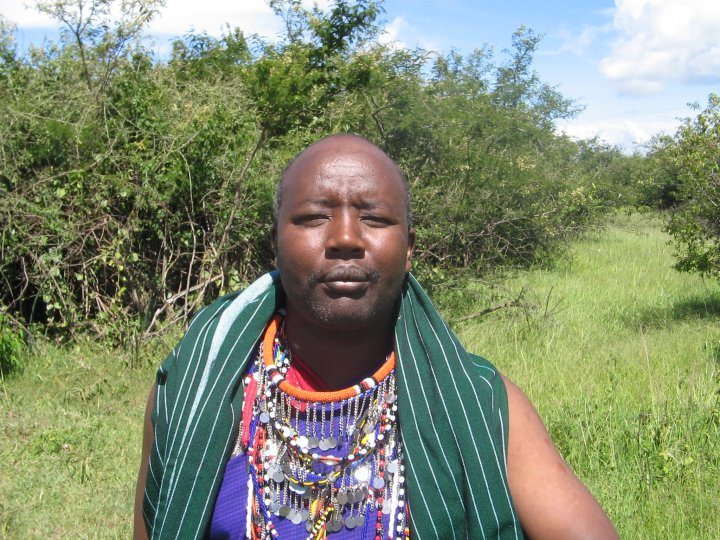
LO: Tell us a bit about yourself.
JL: My name is Joseph Lepore. I was born and live in the south-east of the famous Maasai Mara National Reserve in Kenya. I’m married to one wife and we are blessed with two kids. I’m a professional safari guide working with Offbeat Mara. My hobbies are bird watching, playing volleyball, watching movies and Maasai dance.
LO: Tell us about your career. How did you become a safari guide?
JL: I joined Aitong Primary for eight years then I went to Kiptewit High School for four years. Here, I developed a keen interest in planting trees as a member of Friends of Conservation and later as the chairman of the organization at school. Then I found myself focused on teaching, but later turned my focus to herbal medicine having observed the work done by my mother in this field. My mother is very respected due to her efforts working with medicinal plants.
Then, I decided to join Koyiaki Guiding School for one year to enhance my knowledge of flora and fauna. I graduated with a certificate in tour guiding and wildlife management with a credit. Now I’m a fully qualified guide. My aim is to educate my community on the importance of wildlife and their habitat as well as those from all corners of the globe who are interested in this amazing world of natural life and wonders that we live in. I hope to be a voice that calls for the survival and conservation of this abundant life.
LO: Tell us about a typical day for you in the Maasai Mara, from the time you wake up to the time you go to sleep.
JL: My typical day when I’m on duty, I wake up at 5am and prepare my picnics bags then leave with my clients at 6:30am. I have my breakfast at 9am then lunch at 1pm. We carry for breakfast picnics tea, coffee, eggs, sausages, beacon, cereals and tosted bread. For lunch picnics, vegetables salads, chicken, bread, fruits and fruits salads.
In the Maasai Mara, I’m working in a big and beautiful “office”. When I’m with clients, my duty is to make them happy and make their experience enjoyable, memorable, full of adventure and to meet all their expectations and beyond. First of all I will go over four points:
1.) If they have any special medical needs that they should be aware of like allergies.
2.) If they have a particular interests like birds, certain animals, botanics, etc.
3.) Then I will remind them to carry their camera and extra batteries.
4.) I will ask them how long are they going to stay with us and this will give me an idea of how we will plan our game drives.
If they are staying for three nights, our first day will be arrival and then an evening drive. Day 2 is an early morning drive at 6am with a picnic breakfast then back to camp for lunch and an afternoon drive at 4pm. Day 3, we leave at 6:30am with picnics for breakfast and lunch for long day drive and we come back to the camp at 5pm. When I’m out with my clients:
1.) I will explain to them where I will drive to and what to expect. As their guide, I will try to find everything, but nothing is guaranteed.
2.) I will also advise them to minimise noise while we are watching big game like elephants, leopards, lions, rhinos and buffalo.
3.) There’s no smoking.
4.) No littering: take nothing but photos; leave nothing but footprints.
It’s back to camp at 5pm and I have dinner at 8pm. Then I will have a shower and watch a movie. Then I call it a day.
LO: What has been your most memorable experience in the Mara?
JL: Something I will never forget is that one day, when I was on a game drive, I witnessed the fight between a troop of baboons trying to kill a leopard. I was thinking of how to help the leopard but if I get outside the car, the leopard will a track me. So I just drove the very close to the tree where the leopard was and the baboons ran away. The leopard dropped down and run for his safety. So, I saved the leopard without harming the baboons.
LO: What’s it like to be a Maasai? Tell us about the traditions of your community and some of the Maasai values and beliefs.
JL: One of our values is that Maasai are very welcoming. That’s why we have Maasai cultural villages. Maasai are very good at entertainment. Maasai like wearing red entirely and the reason is when they walk at night the animals will not see them because the animals have very poor eyesight; they don’t see in colours. Maasai believe in one God. They believe their God lives on Mount Sinai in Egypt. Also, they believe they have originally come from Egypt.
Cows are a mark of prestige. They are a sign of richness in the Maasai community. In the Maasai community, a man without cows is like a zebra without stripes. A cow is a reliable source to the Maasai. They sell them and get money which can be used to buy food, clothes and to pay school fees for their kids. They also can eat the meat and drink the milk and blood from the cow. They use many of the body parts of a cow: 1.) A cow skin is used to sleep on. 2.) A cow horn can be used as a cup. 3.) Bones can be to make traditional ornaments. 4.) They can cook cow meat to make fat.
LO: How has life changed for the Maasai people from the way it was many years ago to how life is lived today?
JL: The life of the Maasai is changing day by day. The Western culture is getting into the Maasai land which means the lifestyle of the Maasai is different in terms of dressing and meals. In the past, the Maasai only engage themselves in livestock farming, but nowadays they engage themselves in more than livestock farming (eg. crop farming and other business). In the past, the Maasai only married from their community, but nowadays they intermarry with other communities.
LO: If you could tell the world one thing about the Maasai people, what would it be? And about Kenya generally?
JL: The Maasai are the only community in eastern African that still maintain their culture and tradition and they are the only tribe on the Kenya border with wildlife corridors. In Kenya, the tourism sector has used the Maasai culture to market the country.
LO: What’s your favorite animal to spot in the Mara and why? And which would you least like to encounter on foot!?
JL: My favorite animal is a cheetah. I look at the cheetah, which is above all of my best animals, and watch its beauty and how it runs with elegance and speed. I want to protect this animal.
LO: What’s your best advice for someone going to Africa for the frist time? And someone going on safari for the first time?
JL: Check the weather because some months are very hot for game drives, like January and February. April and May bring the rainy season and the grass is very long, making it impossible to see some animals, especially cats. The best times are July, August and September because of the great migration of wildebeest crossing followed by predictors. Also December. Look for a camp which is close to the wildlife conservation areas.
LO: Little Observationist is all about appreciating the little things in life. What are three of life’s simple pleasures that you’ve enjoyed recently?
JL: What l have appreciates recently: A) Being with my family after being away for almost three months. B.) Travelling to Amposeli through our capital city Nairobi. C.) Driving one of my best friends, Paul, who is a professional photographer for four days. We saw many kills.
Thanks Joseph!

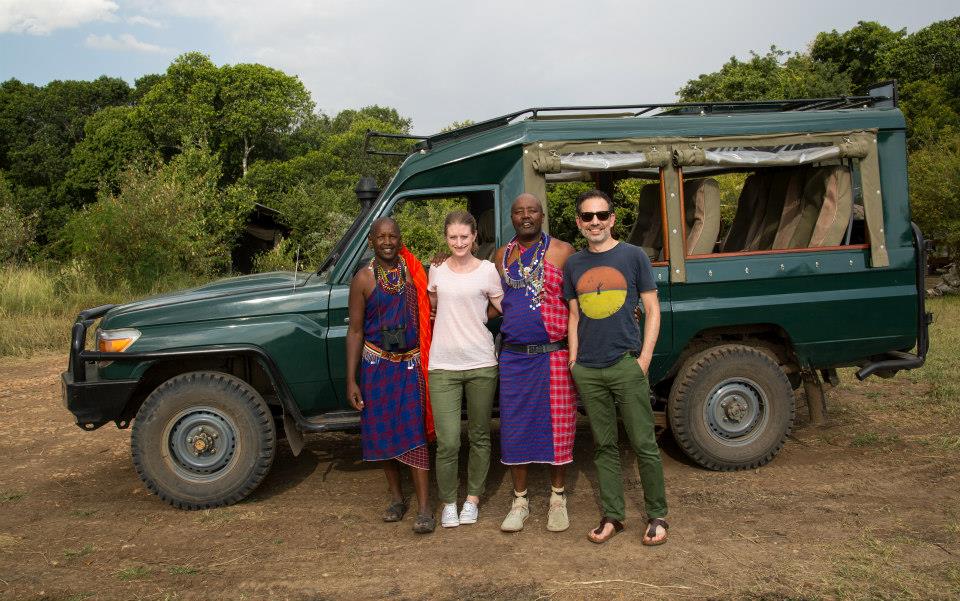
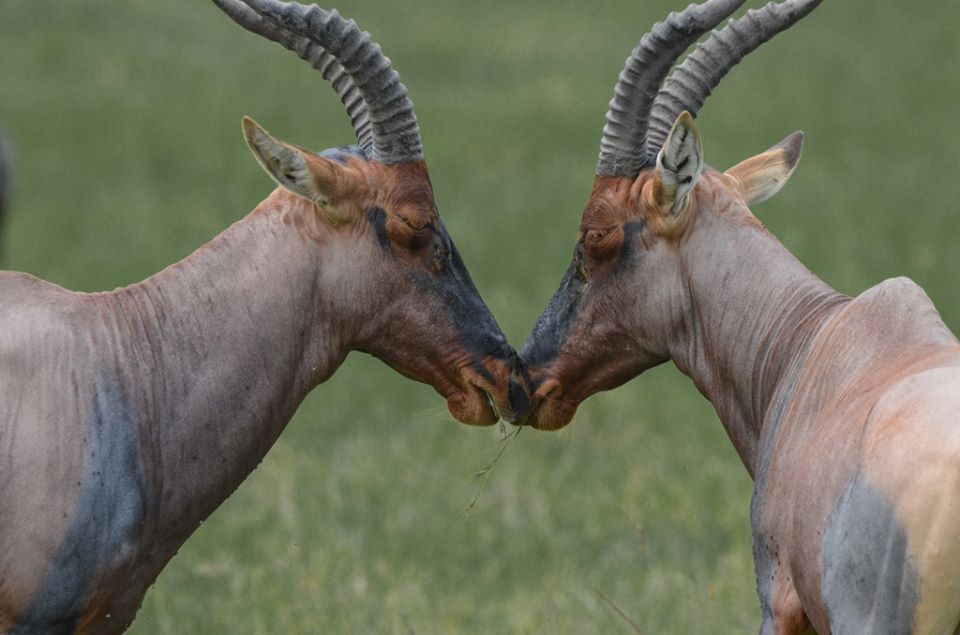
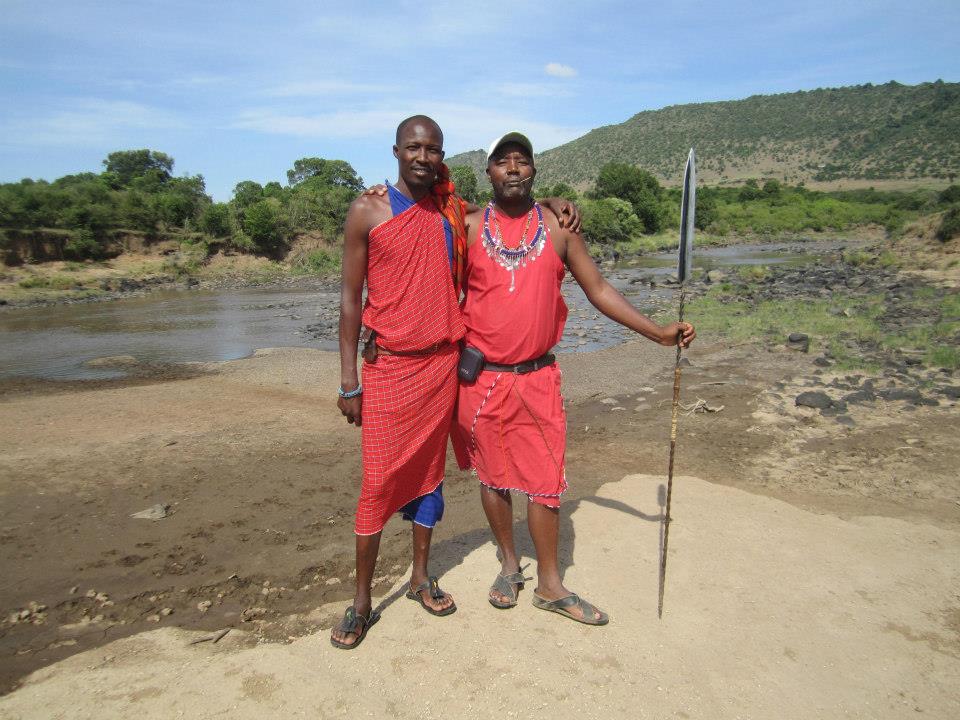
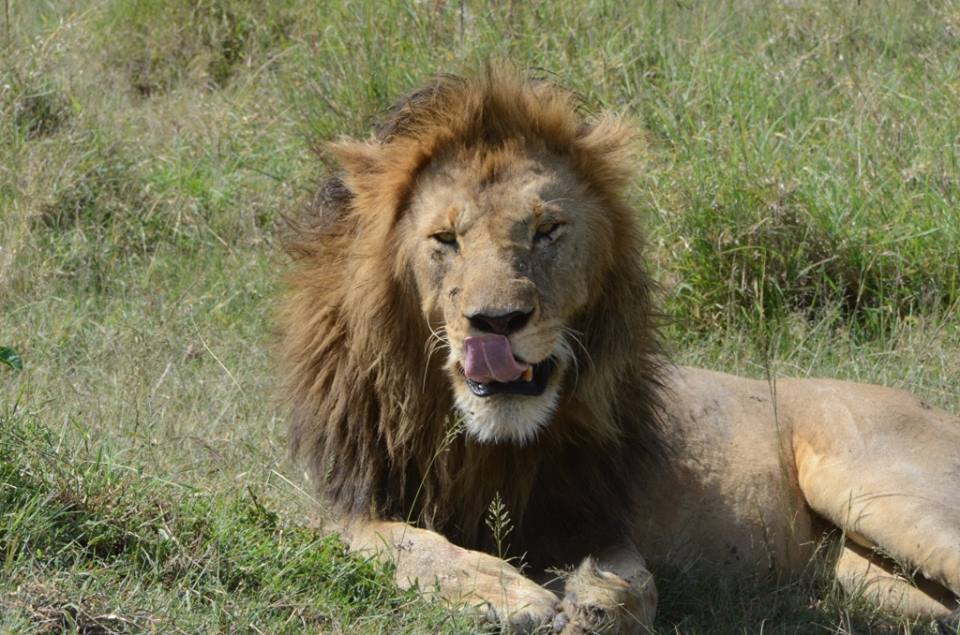
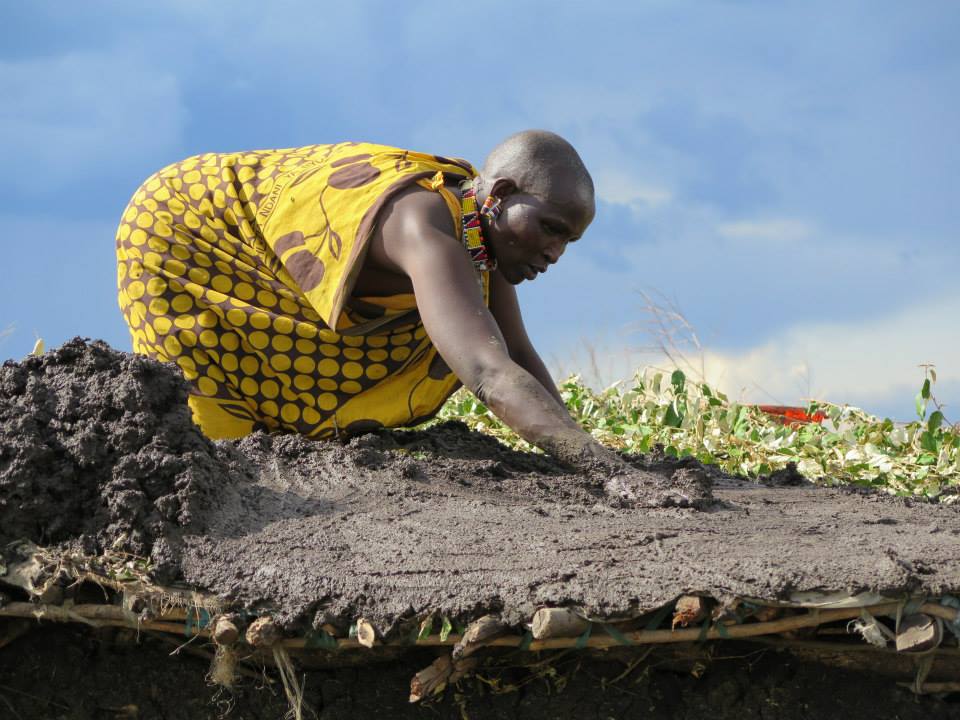
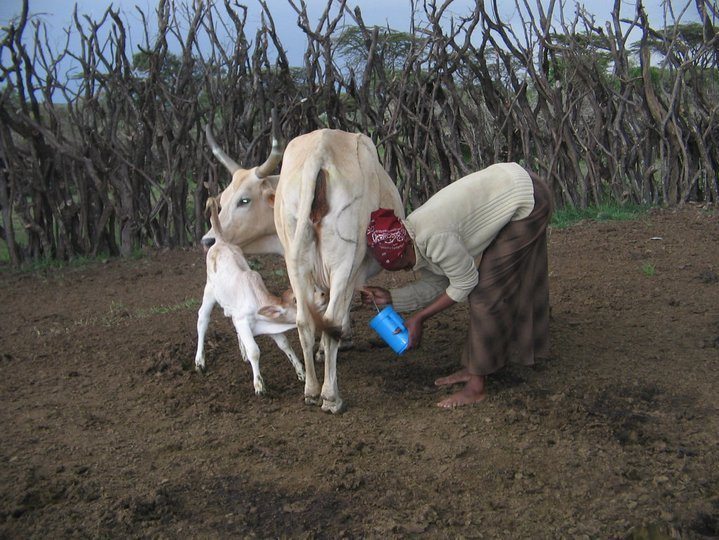
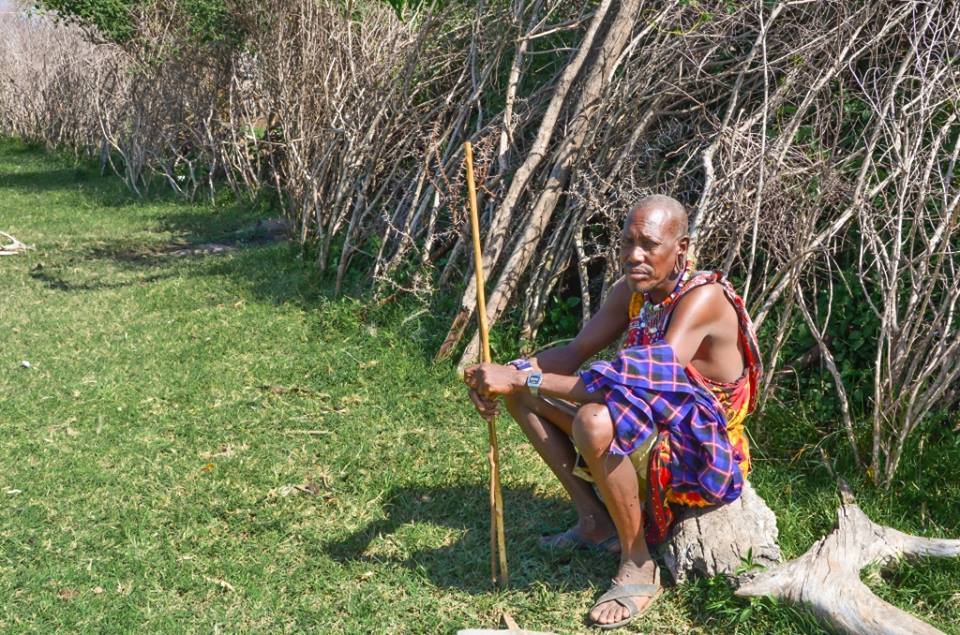
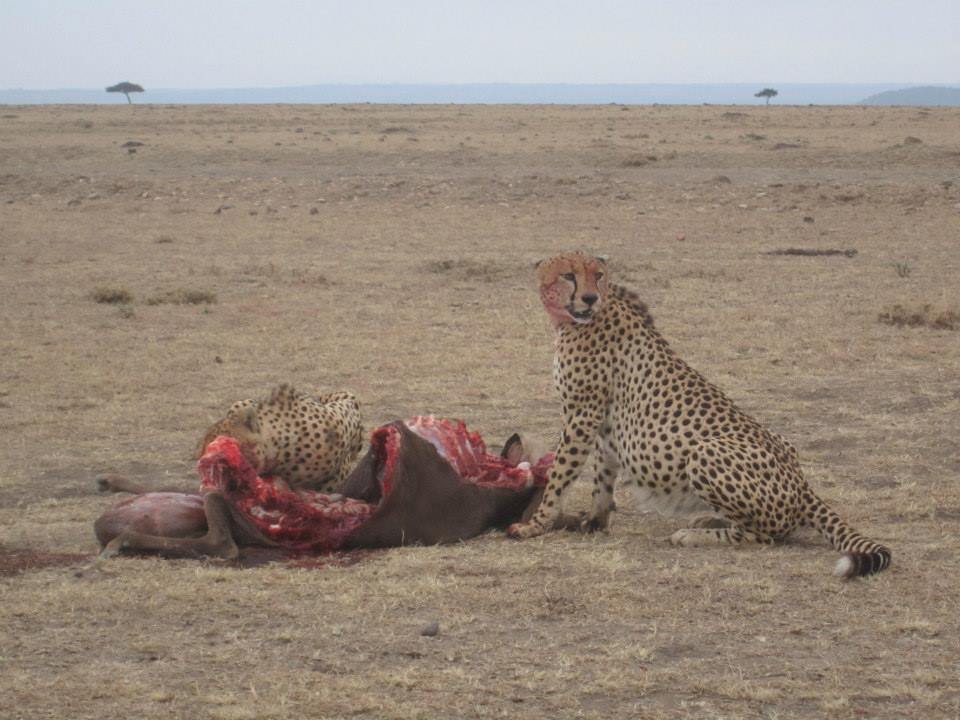
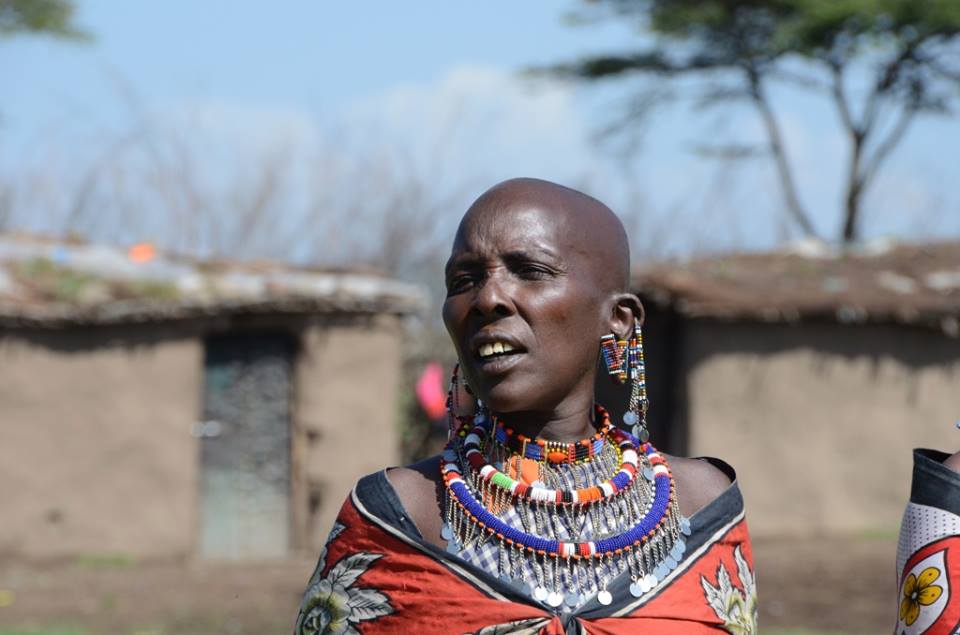
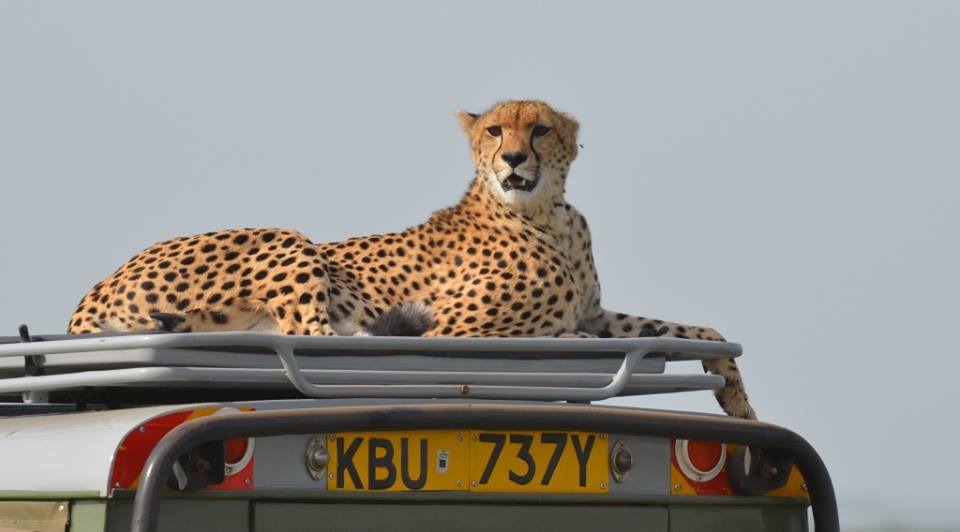
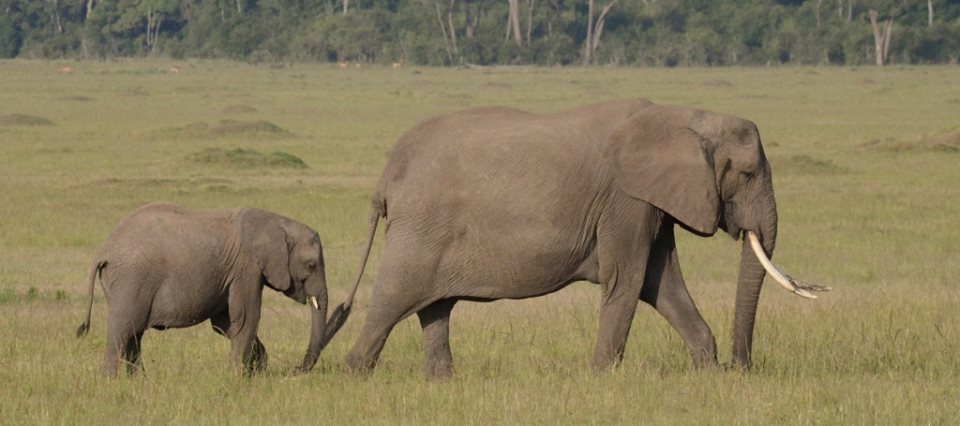
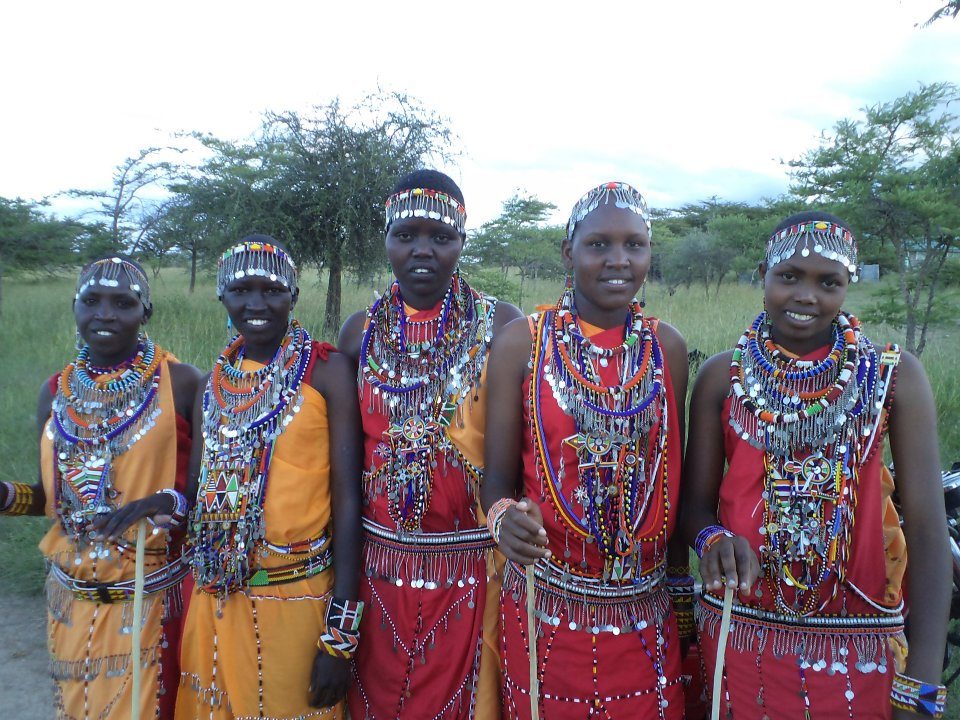
2 Comments
Diana Mieczan
November 4, 2015 at 6:05 pmI loved reading this interview! Joseph is such an interesting person and I especially adore the story of how he saved the leopard – wow, truly incredible! Wishing you both a jolly good day. xoxo
Hannah
February 18, 2021 at 4:28 pmFascinating interview, thank you